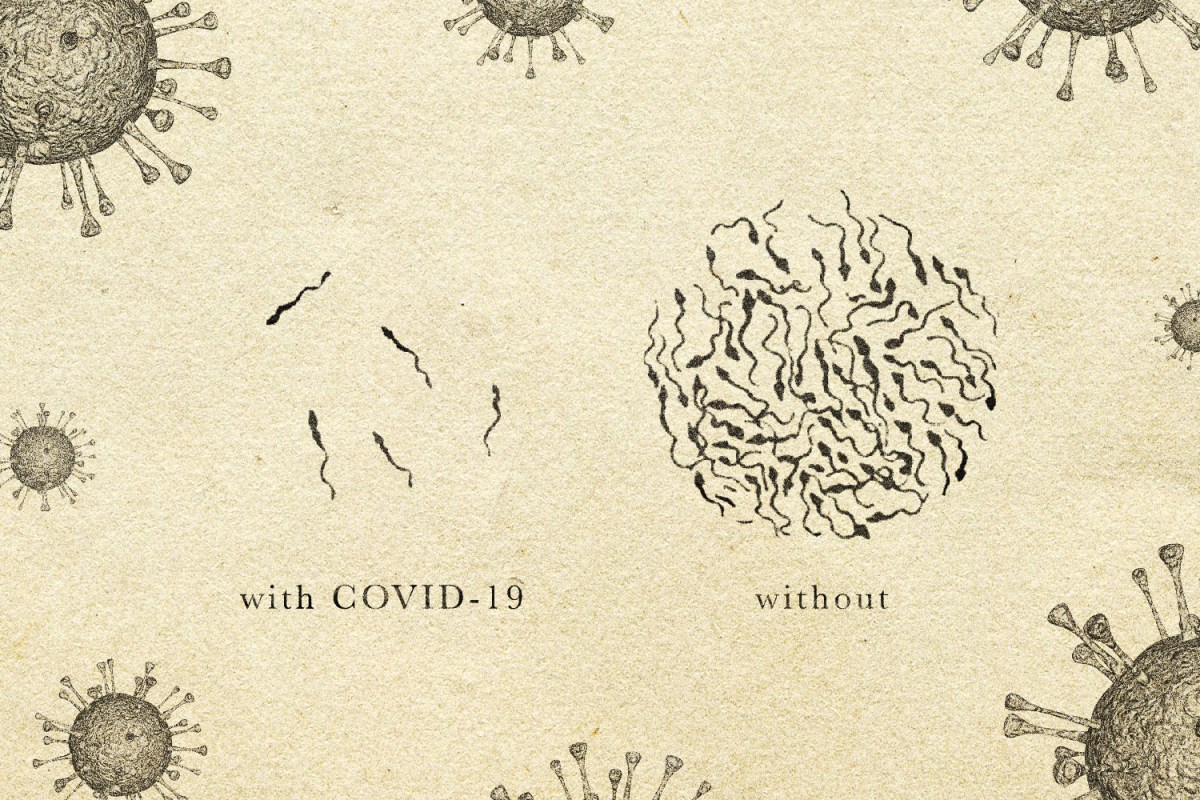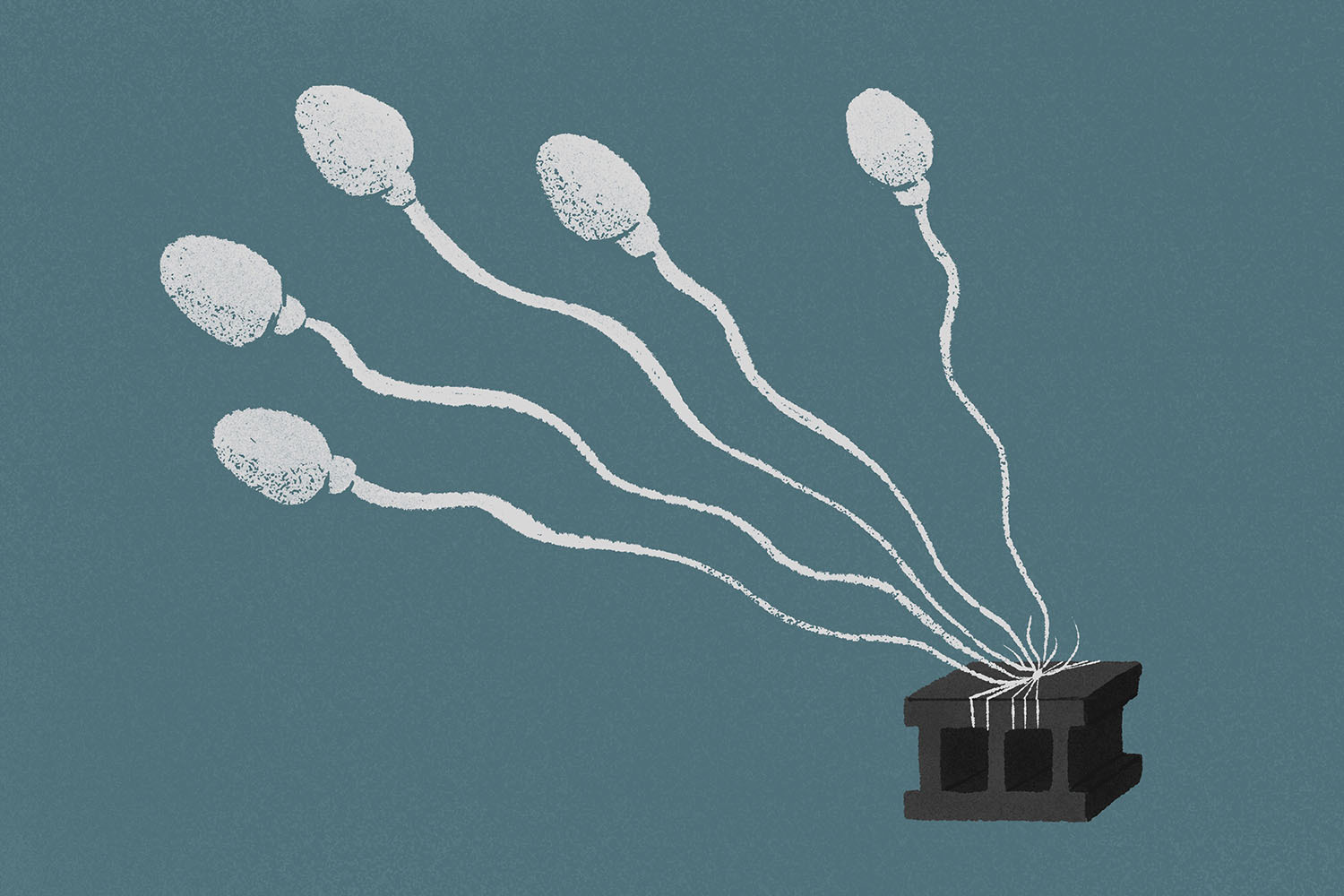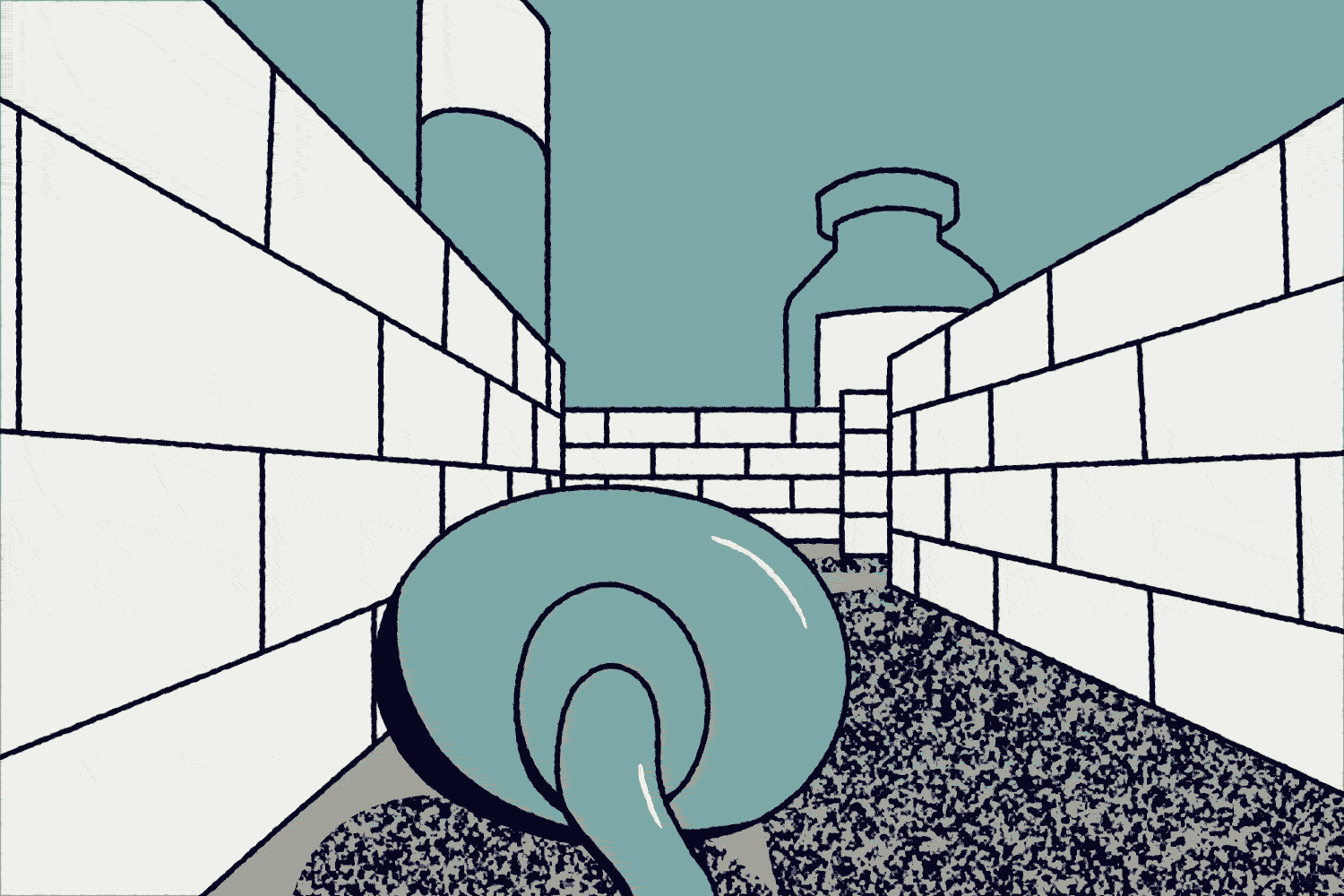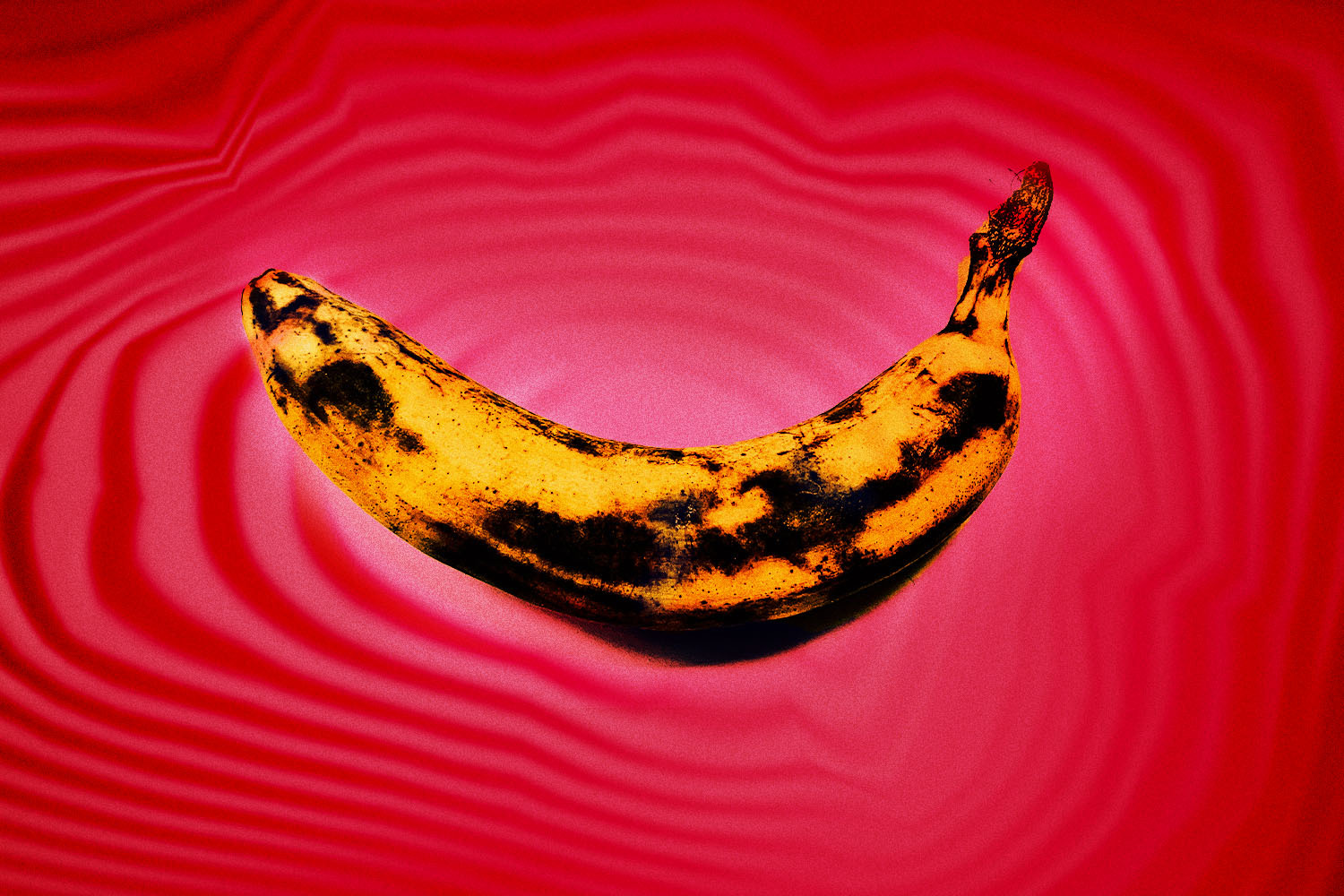Misinformation surrounding the COVID-19 vaccine continues to wreak havoc on public health. Despite the fact that the majority of health experts and the CDC have assured Americans the vaccine is safe and effective at preventing serious illness from the coronavirus, we’re now witnessing people guzzle horse deworming medication in lieu of getting jabbed with an FDA-approved vaccine.
Anti-vax circles are deep, dark and unfortunately becoming only more mainstream, with social media companies having an exceedingly difficult time curbing COVID-19 misinformation on their platforms. For users, new vaccine rumors and alternative theories are proliferating so quickly it’s difficult to keep track of them all — though some are valiantly trying.
One of biggest myths encircling the vaccine and its alleged long-term effects has to do with fertility. A common theory among those who are vaccine hesitant is that getting the shot can cause women, in particular, to become infertile. The widespread claim been debunked numerous times by medical experts, with some going so far as to suggest that the virus itself is a reproductive danger, with some studies now showing a correlation between contracting COVID-19 and decreased fertility … in men.
Curious to learn more, we spoke with Dr. Zaher Merhi, a board-certified OBGYN, Reproductive Endocrinologist and the Founder of Rejuvenating Fertility Center, about the effects COVID-19 is having on the testicles.
InsideHook: Since the start of a pandemic, have you personally seen male patients who have had a past COVID-19 diagnosis and are now having issues with infertility?
Dr. Zaher Merhi: Yes. I can tell you as a reproductive doctor, we do semen analysis on patients, or when we do insemination by the husband produced in the office, we then check the concentration and stuff similiar to that. I can tell you that I have a few unvaccinated patients who got really sick, and were admitted to the hospital with COVID. When they came to give sperm a couple of weeks after they were discharged, they had a lot of sperm, but they were dead.
So then we followed up with them over time. The semen analysis did recover. It took three months from the sickness and the admission to the hospital, which caused the sperm to go down, and then the following three months for it to recover. So it took basically six months to go back to normal. So yeah, it’s pretty serious.
Can you explain why this is happening?
Merhi: Well, the reality is, the testicles have receptors for the coronavirus, and when the virus enters the human body, it needs to bind onto something called an ACE2 receptor. These are found throughout the body (lungs, mouth, heart, etc.). Unlike the ovaries, which do not have a receptor for the virus, the testicles do, which is why COVID-19 can affect sperm production. A number of viruses, including Ebola and SARS-CoV-1, have also shown to affect the sperm, because of, again, the viruses targeting the receptors in the testicles.
There have also been reports that COVID-19 can cause erectile dysfunction in men. Why is this occurring?
Merhi: It sort of has the disease itself. It really affects the wellbeing of a man, and when you’re sick and don’t feel well and you’re not breathing properly. In order to have an erection, you really need to be in a good mood and have enough oxygen and blood flow, right? So if you’re not breathing well, the oxygen and all that [is depleted]. So it’s both the physiological and psychological component as to why there’s erectile dysfunction following COVID diagnosis.
There is a 2011 study circulating the internet that found 85% of men who were given ivermectin — the anti-parasite drug some unvaccinated people are taking as a COVID treatment — to treat a tropical disease were found to be sterile later on. Now, this study was not published in a credible journal and had a very small sample size, but I’m wondering if ivermectin has become a point of concern for you in terms of infertility?
Merhi: This is something really recent that people are starting to use, so we need to go back and make sure that ivermectin and infertility are not related to each other. But there’s not a lot of studies, honestly. There’s an old article talking about mortality and infertility in mosquitoes after the ingestion of blood containing ivermectin. But you’re talking about 1990s, and that’s in the mosquitoes, right? There’s also a study in male rats where ivermectin was administered that found the drug could potentially cause fertility problems. But I’m not aware of any real studies in humans that show that ivermectin is negatively affecting fertility.
One of the biggest rumors surrounding the COVID-19 vaccine is that it causes infertility, specifically in women, but men might also be hesitant to get vaccinated in fear of how it might affect their fertility. What would you say to those who are vaccine-hesitant for this reason?
Merhi: So, there is literally zero basis for this claim. At the end of the day, really, there is no data showing the vaccine affects fertility at all in humans, in both male and female. I definitely encourage people to get the vaccine before even trying to get pregnant. And I tell my fertility patients to take it and the sooner you take it, the better it is. Because if you get COVID during pregnancy, the mortality is very high and the problems for the baby could happen much higher than compared to the non-pregnant state.
But if they’re not vaccinated, personally myself, I would freeze my sperm. What if, God forbid, you get the virus and now there’s an irreversible effect of this virus on your sperm? Of course, I recommend people to take the vaccine, but if you don’t have the vaccine, I definitely recommend you freeze your sperm in order to avoid a bad COVID infection that could potentially affect your fertility.
The Charge will help you move better, think clearer and stay in the game longer. Subscribe to our wellness newsletter today.
























